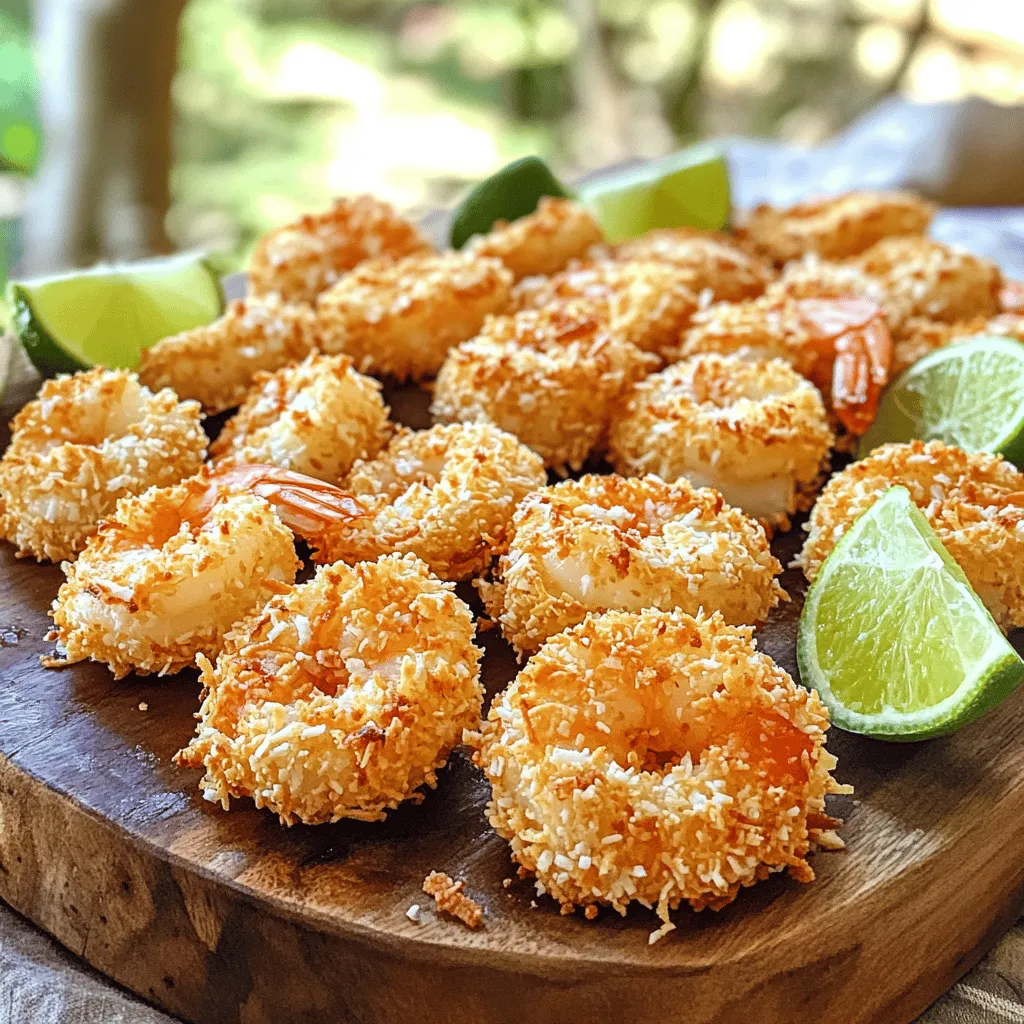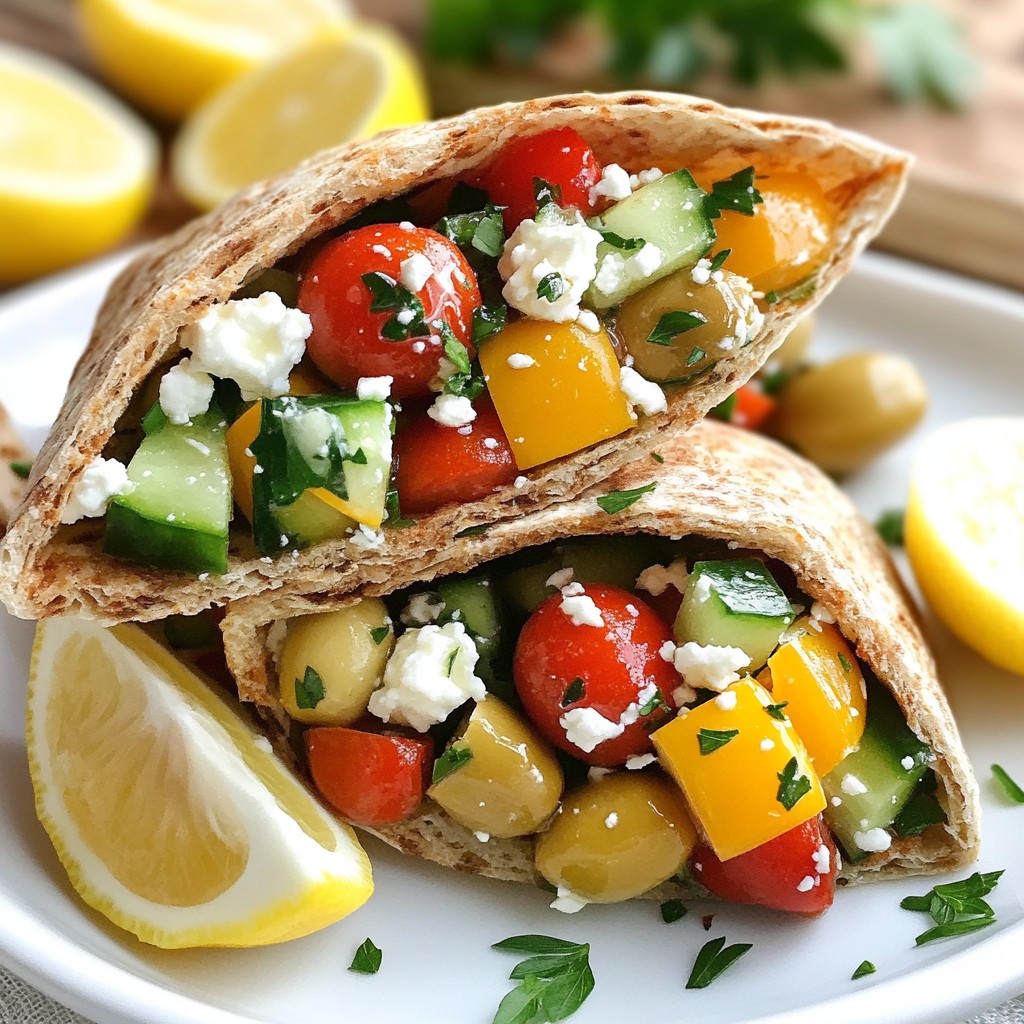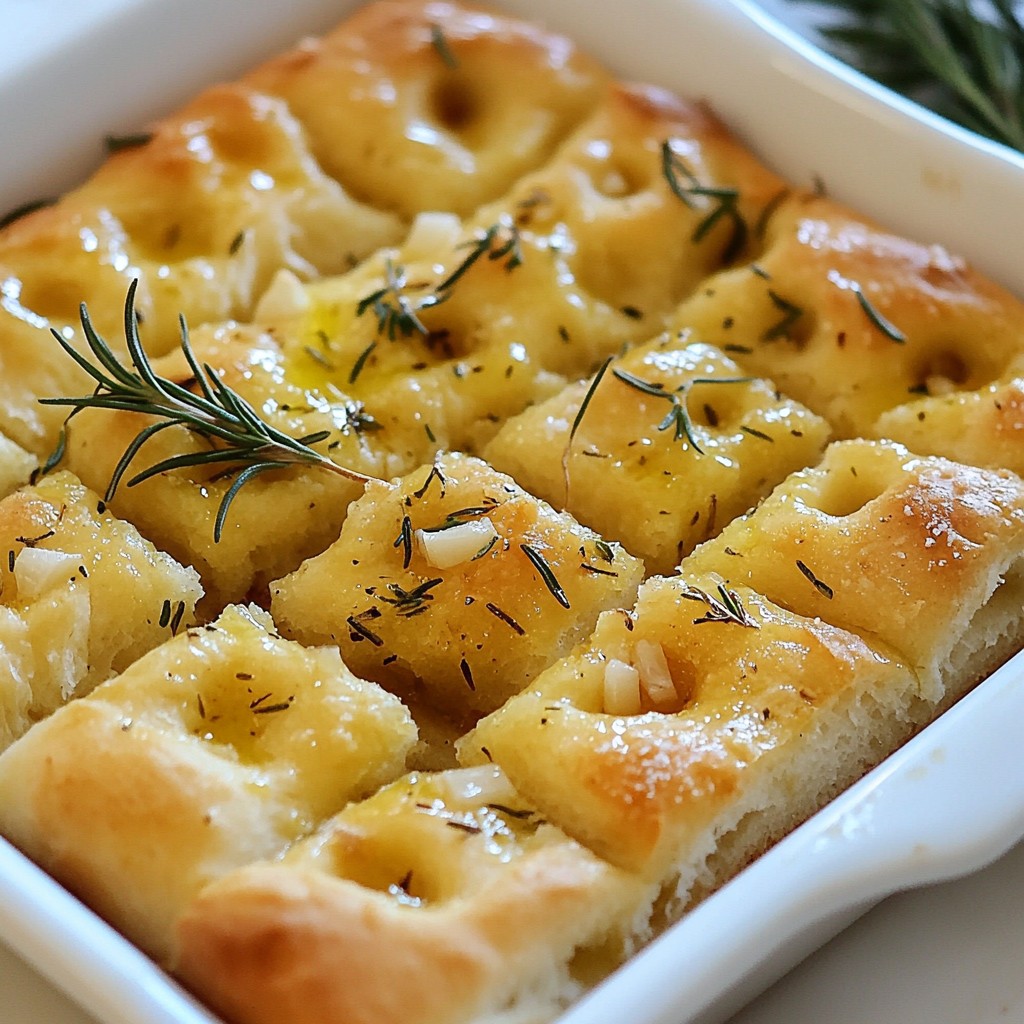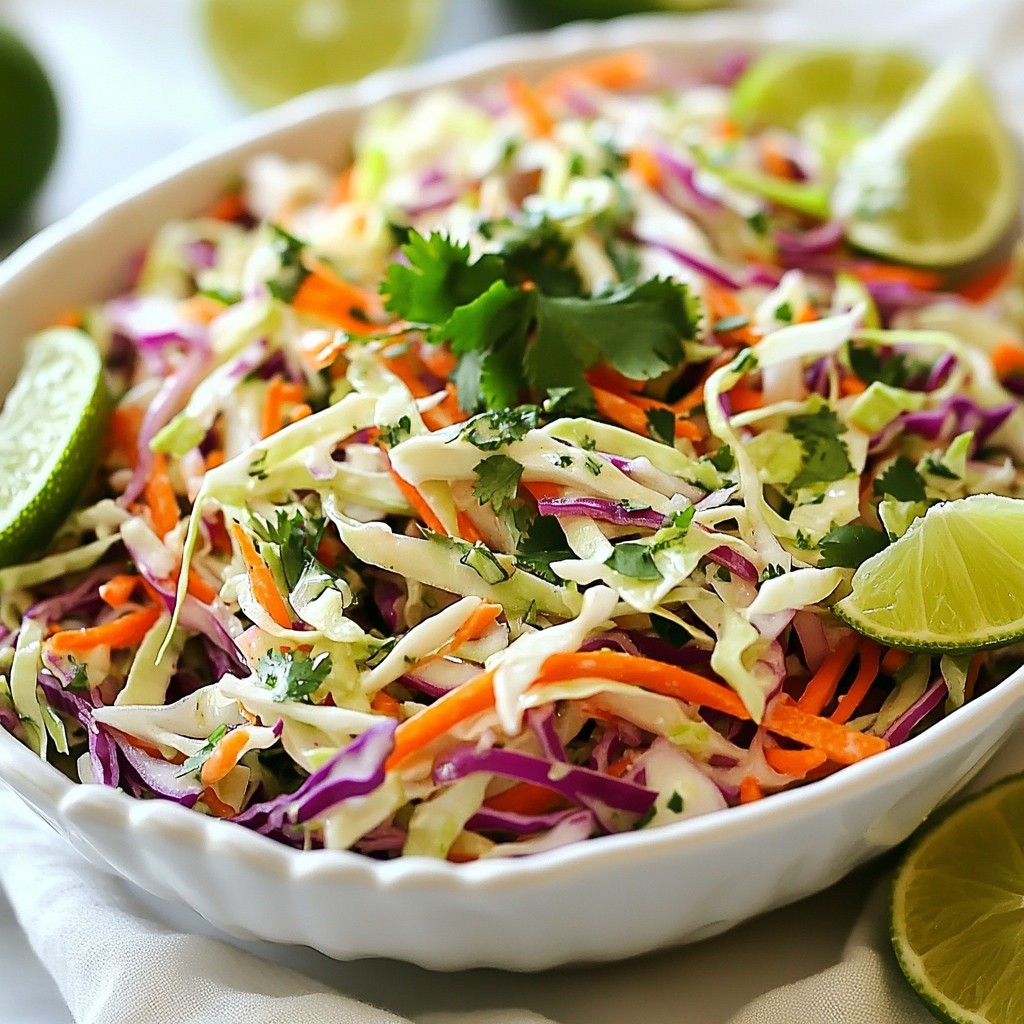If you’re craving a dish that’s both crispy and full of flavor, look no further! This crispy coconut shrimp recipe is simple, tasty, and sure to impress. With juicy shrimp coated in coconut and panko, it makes a delightful appetizer or main dish. I’ll guide you through each step to achieve that perfect crunch. So grab your apron and let’s dive into this mouthwatering treat that will have everyone coming back for more!
Ingredients
List of Essential Ingredients
– 1 pound large shrimp, peeled and deveined
– 1 cup all-purpose flour
– 2 large eggs, beaten
– 1 cup unsweetened shredded coconut
– 1 cup panko breadcrumbs
Seasonings
– 1 teaspoon garlic powder
– 1 teaspoon paprika
– ½ teaspoon salt
– ½ teaspoon black pepper
Cooking Essentials
– Vegetable oil, for frying
– Fresh lime wedges, for serving
You need fresh, quality shrimp for this recipe. Choose large shrimp that are peeled and deveined. This saves time and makes cooking easier.
Next, gather your dry ingredients. All-purpose flour helps create a nice base. The eggs act as a binder. They stick the coating to the shrimp. Coconut adds sweetness and texture. Panko breadcrumbs give the shrimp an extra crunch.
Seasonings are key. Garlic powder and paprika add flavor. Salt and black pepper enhance the taste. Mix these well with the flour for an even coat.
Finally, you will need vegetable oil for frying. It should be hot enough to crisp the shrimp. Fresh lime wedges add a zesty touch when served.
Step-by-Step Instructions
Preparing the Shrimp
Rinse the shrimp under cold water. This helps clean them and removes any grit. After rinsing, pat them dry with a paper towel. Dry shrimp help the coating stick better. Remember, moisture can ruin the crunch.
Setting Up the Dredging Station
You need three shallow bowls for the breading. In the first bowl, mix the all-purpose flour with garlic powder, paprika, salt, and black pepper. In the second bowl, pour in the beaten eggs. In the third bowl, combine the shredded coconut and panko breadcrumbs. Mix them well for an even coating.
Breading the Shrimp
Take each shrimp and dredge it in the flour mix first. Shake off any extra flour. This step is key for a good base. Next, dip it in the beaten eggs. Let the extra egg drip off to avoid sogginess. Finally, roll the shrimp in the coconut-panko mix. Press gently to ensure it sticks well. This creates a nice, crunchy layer.
Cooking the Shrimp
Heat about half an inch of vegetable oil in a large skillet over medium heat. To check if the oil is hot enough, drop a small piece of the coconut mix in. If it sizzles right away, you are ready. Carefully add the breaded shrimp in batches. Don’t overcrowd the skillet, as this lowers the oil temperature. Cook for 2-3 minutes on each side until they turn a golden brown.
Draining and Serving
Once cooked, use a slotted spoon to lift the shrimp out of the oil. Place them on a plate lined with paper towels. This step helps absorb any extra oil. Serve the crispy coconut shrimp warm. Fresh lime wedges add a nice zesty touch.
Tips & Tricks
Achieving the Perfect Crispy Texture
To get that perfect crispy texture, you need to pay attention to the frying temperature. Heat your oil to about 350°F. This hot oil will help the shrimp fry fast and stay crispy. If the oil is too cold, the shrimp will soak up oil and become soggy.
Drying the shrimp thoroughly is key. After rinsing, pat them dry with paper towels. Moisture will ruin your crispy coating. The drier the shrimp, the better the crunch!
Serving Suggestions
You can serve crispy coconut shrimp with a variety of dips. Sweet chili sauce works well. It adds a nice kick! You can also try a tangy lime aioli. This pairs perfectly with the coconut flavor.
For side dishes, think light and fresh. A simple cucumber salad or a fruit salsa can balance the dish. You could also serve it with rice. Coconut rice is a nice touch!
Common Mistakes to Avoid
One common mistake is overcrowding the skillet. If you add too many shrimp at once, they will steam instead of fry. Always fry in small batches for the best results.
Another mistake is not allowing the shrimp to drain properly. After frying, place them on paper towels to absorb excess oil. This step keeps them crispy and tasty!
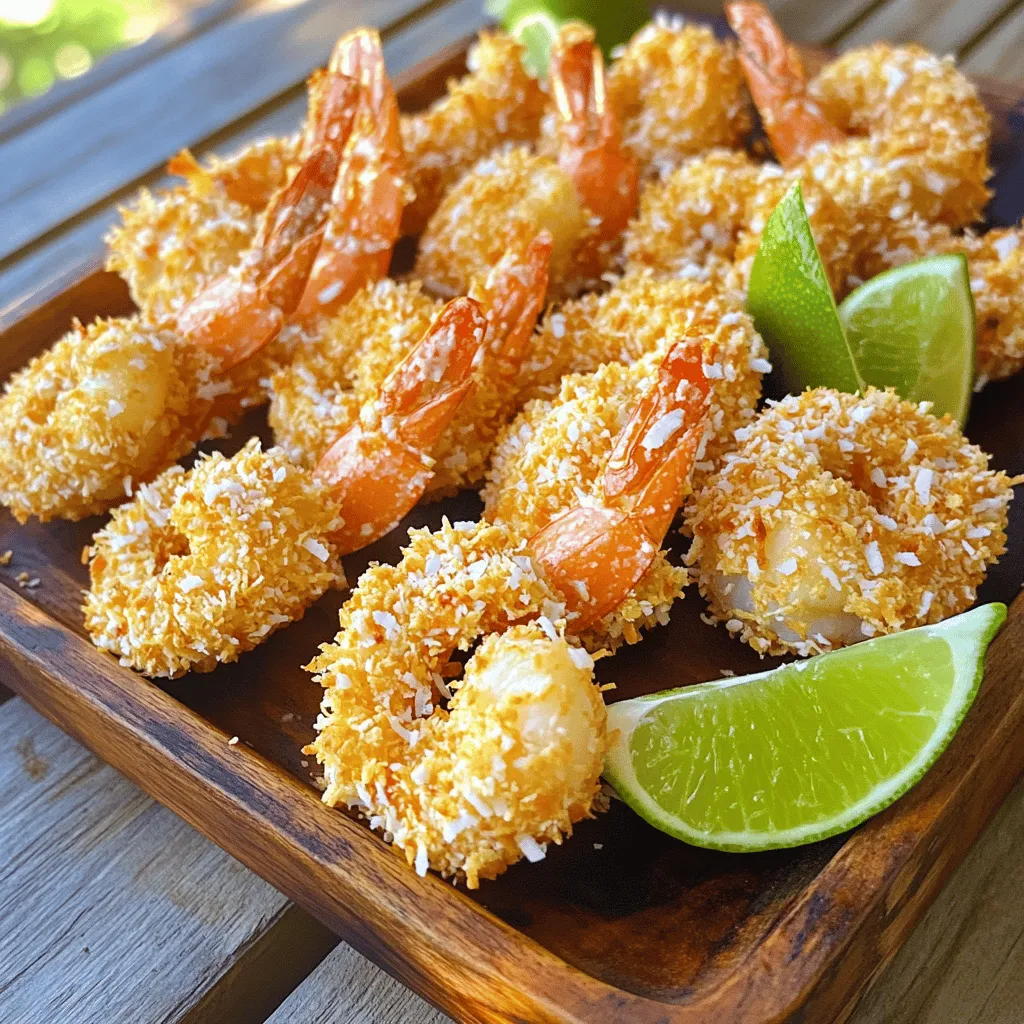
Variations
Different Coating Options
You can change up the crunch by using different coatings. Instead of panko, try using crushed cornflakes or crushed nuts. Almonds or cashews can add a great twist. You can also mix breadcrumbs with spices for extra flavor. Each choice gives the shrimp a unique texture and taste.
Flavor Infusions
Want to spice things up? Add herbs and spices to the batter. Try a pinch of cayenne for heat or a bit of curry powder for warmth. Fresh herbs like cilantro or parsley can also be mixed in. These additions will create a brighter flavor and make your shrimp stand out.
Dietary Adaptations
If you need gluten-free options, you can easily adapt this recipe. Use almond flour or coconut flour instead of regular flour. For the breadcrumbs, look for gluten-free panko or use crushed rice crackers. These swaps keep the recipe tasty while catering to dietary needs.
Storage Info
How to Store Leftover Coconut Shrimp
To keep your leftover coconut shrimp tasty, first, let them cool down. Place the shrimp in an airtight container. If you plan to eat them soon, store them in the fridge. They will stay fresh for up to three days. For longer storage, freeze them. Wrap each shrimp in plastic wrap and put them in a freezer bag. This way, they can last for up to three months.
Reheating Tips
When it’s time to enjoy your leftover shrimp, you want them crispy again. The best way to reheat them is in the oven. Preheat your oven to 375°F (190°C). Spread the shrimp on a baking sheet in a single layer. Bake for 10 to 12 minutes, flipping halfway. This method brings back the crunch without making them soggy.
Shelf Life
Coconut shrimp has a good shelf life. When stored correctly in the fridge, it lasts about three days. If frozen, it can stay fresh for three months. Always check for any off smells or changes in texture before eating. If it looks or smells bad, toss it out. Enjoy your crispy coconut shrimp while they are fresh!
FAQs
What is the best way to make coconut shrimp crispy?
To make coconut shrimp crispy, the key is in the coating. Use panko breadcrumbs for crunch. Ensure your shrimp are dry before breading. This helps the coating stick well. Fry them in hot oil. The oil should be about 350°F. If the shrimp are crowded in the pan, they won’t get crispy. Fry in small batches for the best results.
Can I bake crispy coconut shrimp instead of frying?
Yes, you can bake coconut shrimp! Preheat your oven to 425°F. Line a baking sheet with parchment paper for easy cleanup. Arrange the breaded shrimp in a single layer, leaving space between each one. Spray them lightly with cooking oil. Bake for about 15-20 minutes, flipping halfway through. This method gives you a healthier option with less oil.
What are some dipping sauces for coconut shrimp?
You can enhance your coconut shrimp with various dipping sauces. Here are some tasty options:
– Sweet chili sauce for a spicy kick
– Mango salsa for a fruity burst
– Spicy mayo for an extra creamy dip
– Honey mustard for a tangy flavor
Is coconut shrimp gluten-free?
Coconut shrimp can be gluten-free! Use gluten-free flour and gluten-free panko breadcrumbs. Always check labels to ensure there are no hidden gluten ingredients. This way, everyone can enjoy this tasty dish without worry.
How can I tell when the shrimp is done frying?
Perfectly cooked shrimp turn golden brown and crispy. They usually take about 2-3 minutes per side. The shrimp should curl slightly when done. If you cut one open, it should look opaque and not translucent. This means they are safe to eat and ready to serve.
You now have all the steps and tips to make coconut shrimp. We covered the key ingredients, specific cooking methods, and common mistakes to avoid. Remember to keep your shrimp dry for that perfect crispy texture and explore different flavors in your coatings. With the right dips and sides, your dish will shine. Enjoy your cooking, and don’t hesitate to experiment and make it your own!
